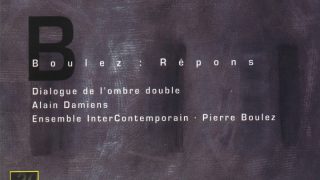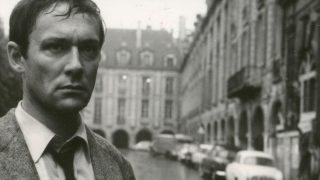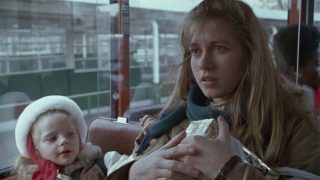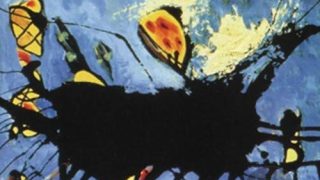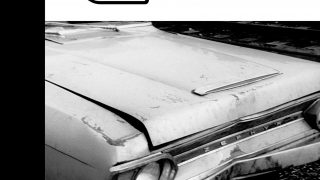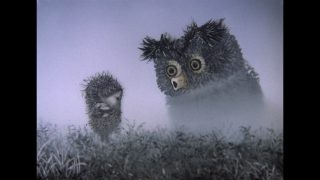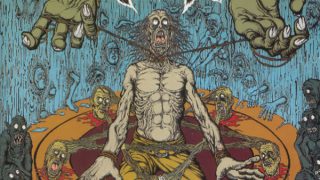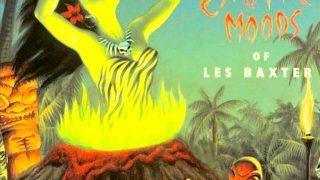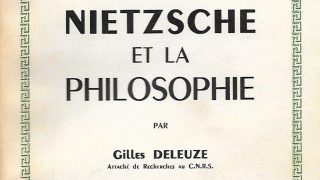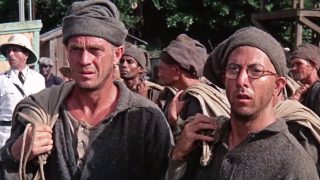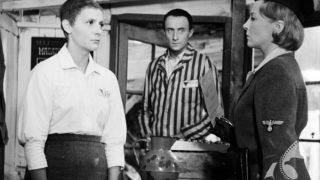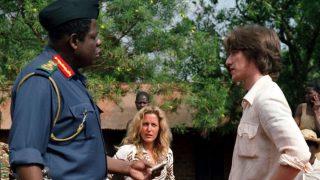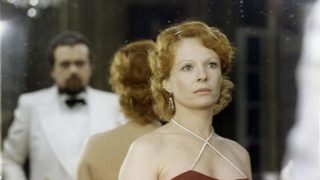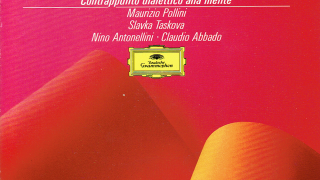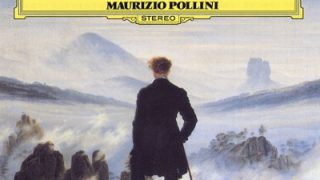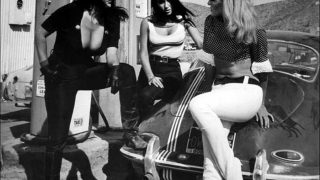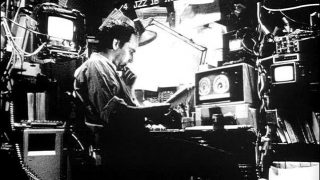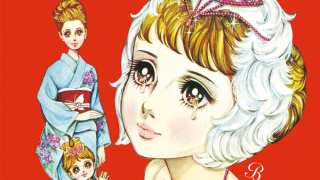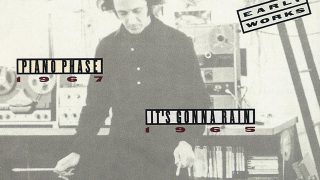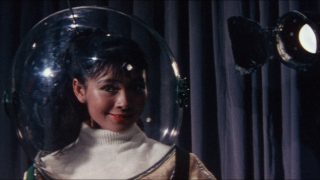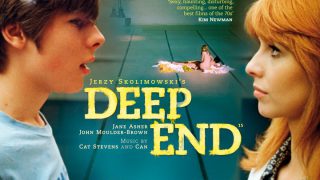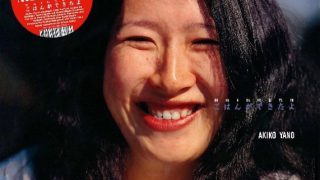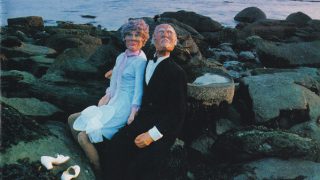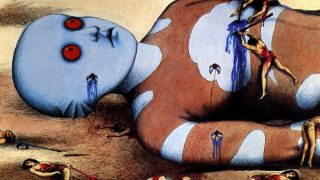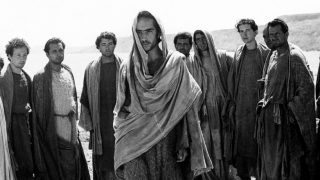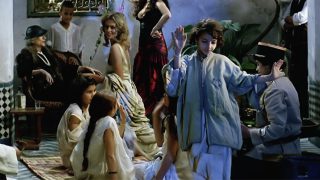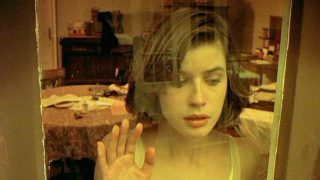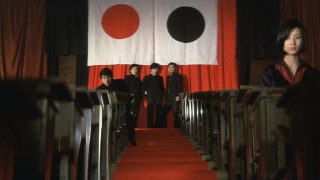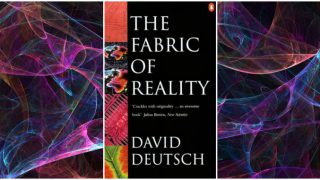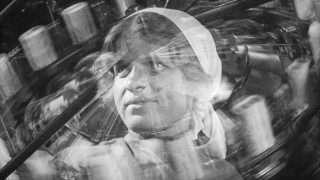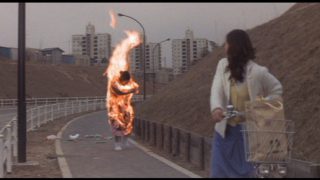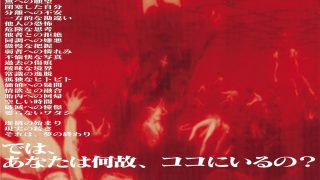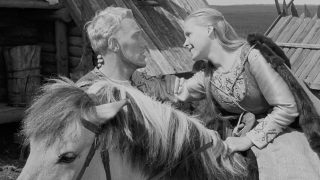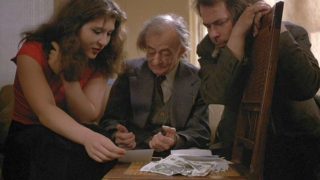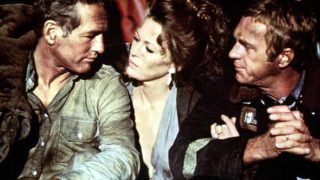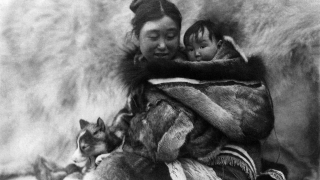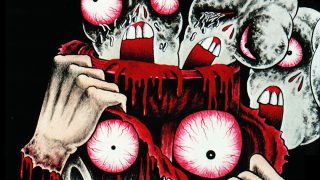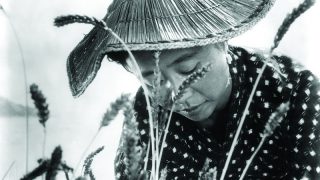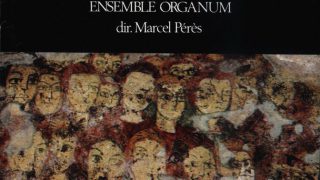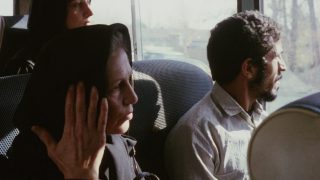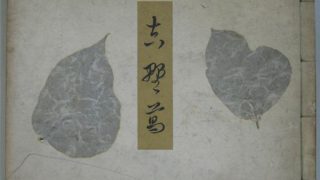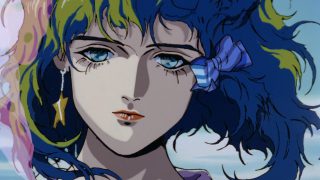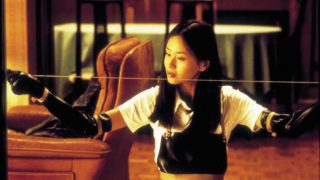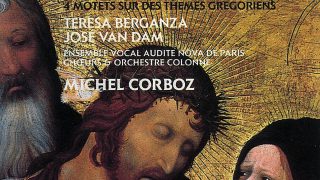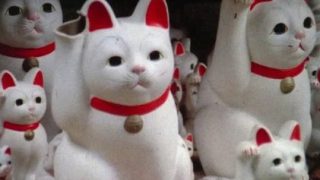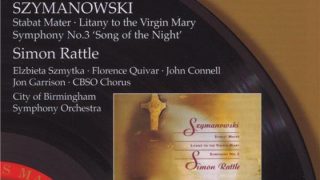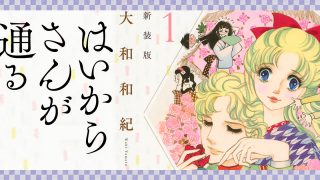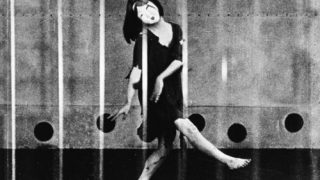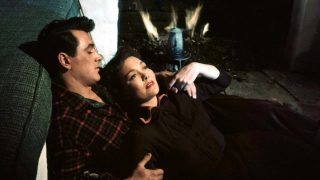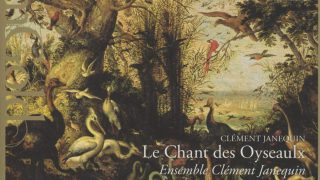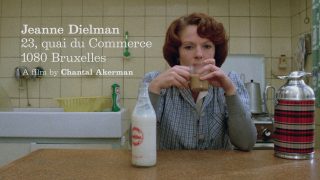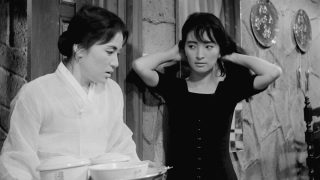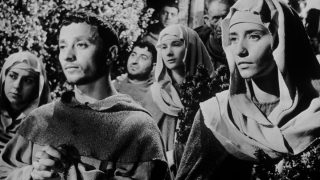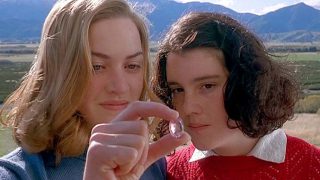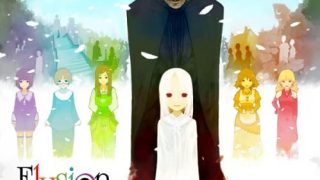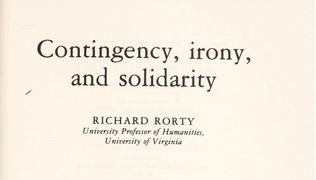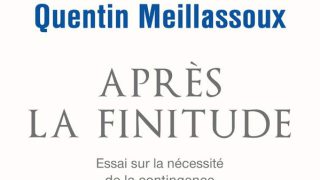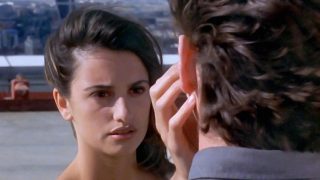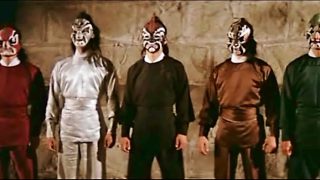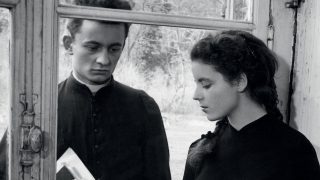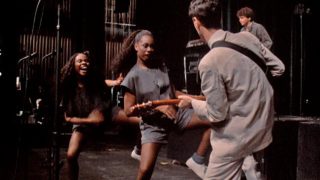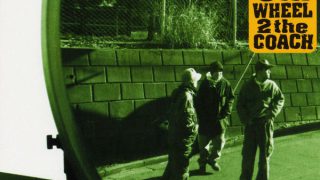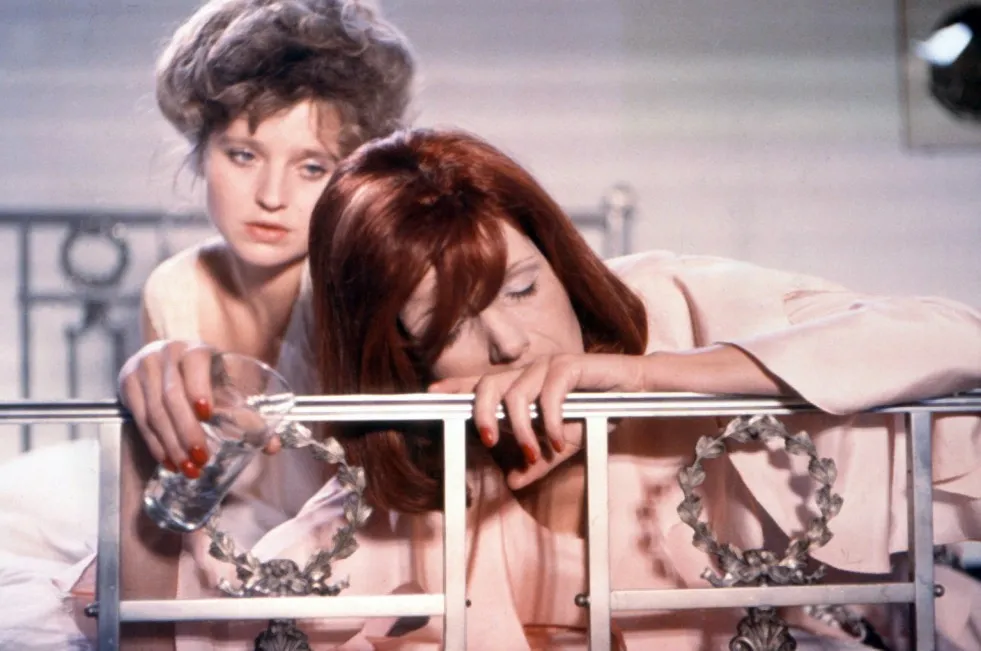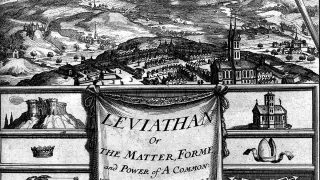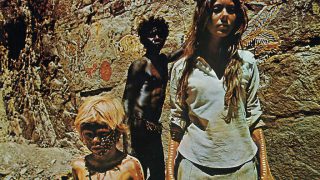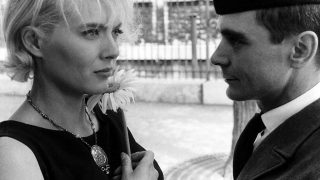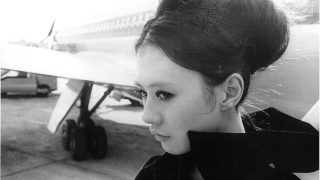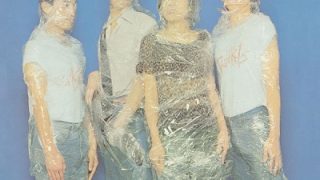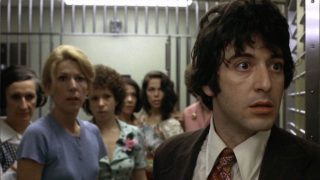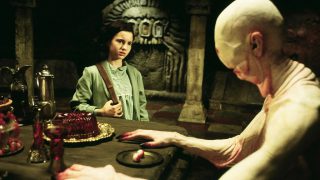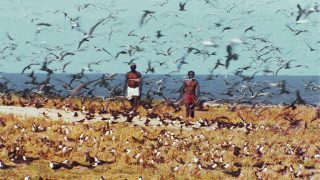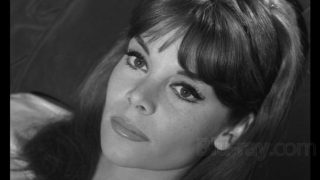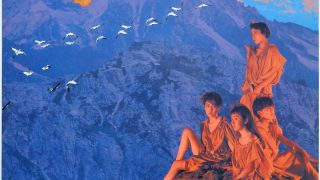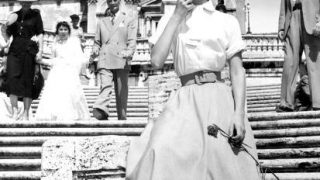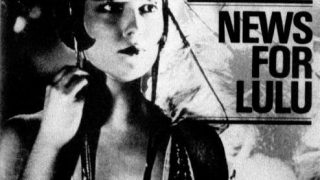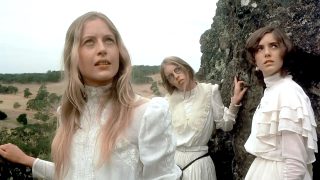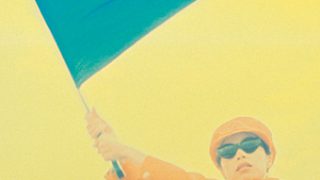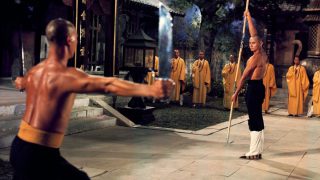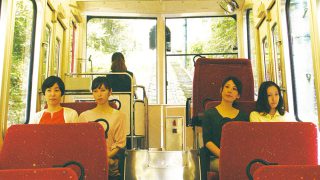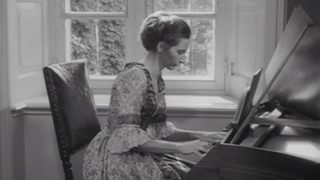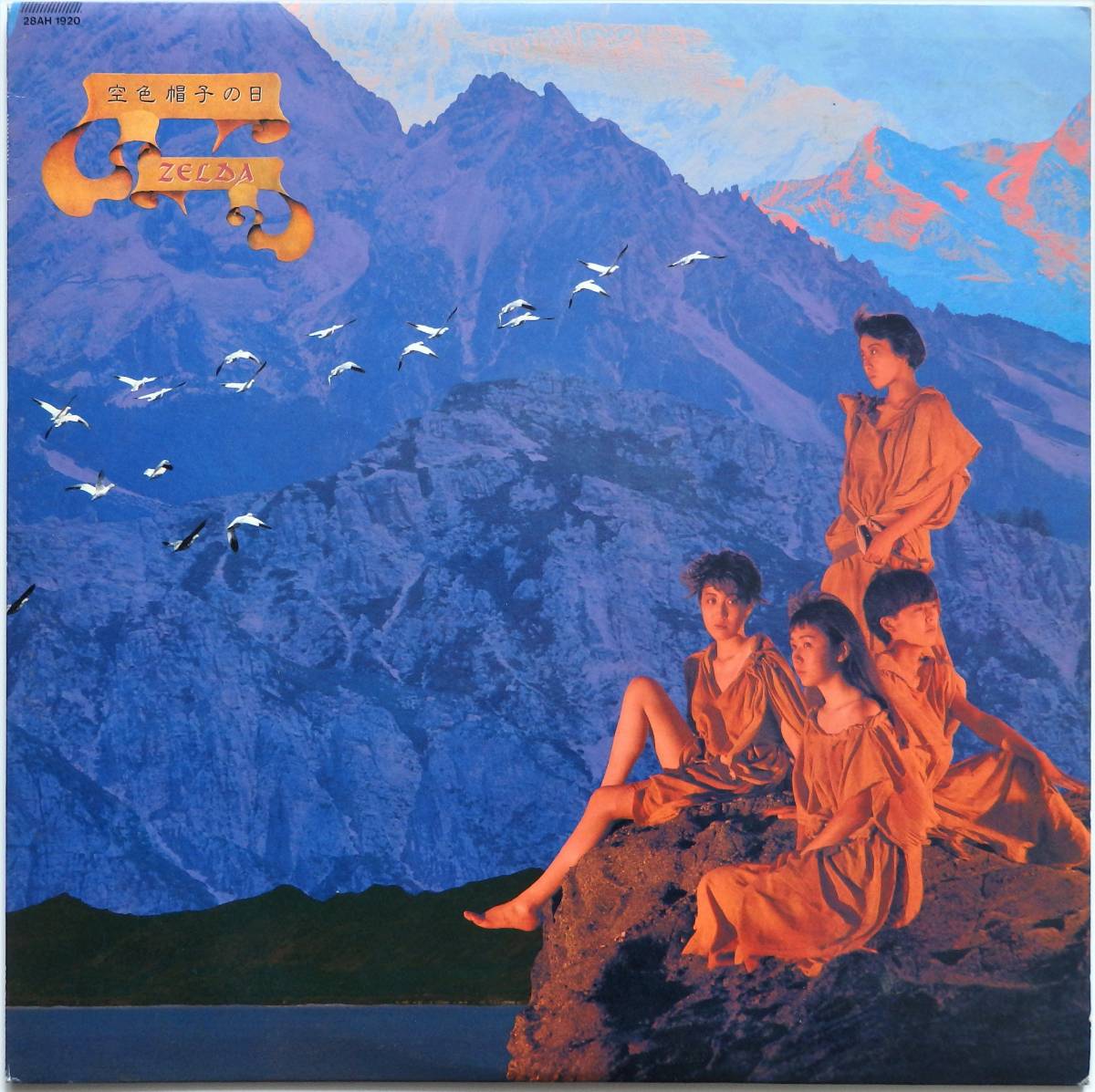Overview
“Sora-iro Bōshi no Hi” (“The Day of Sky-Blue Hat”) is the third album by Japanese rock band Zelda (1979–1996).
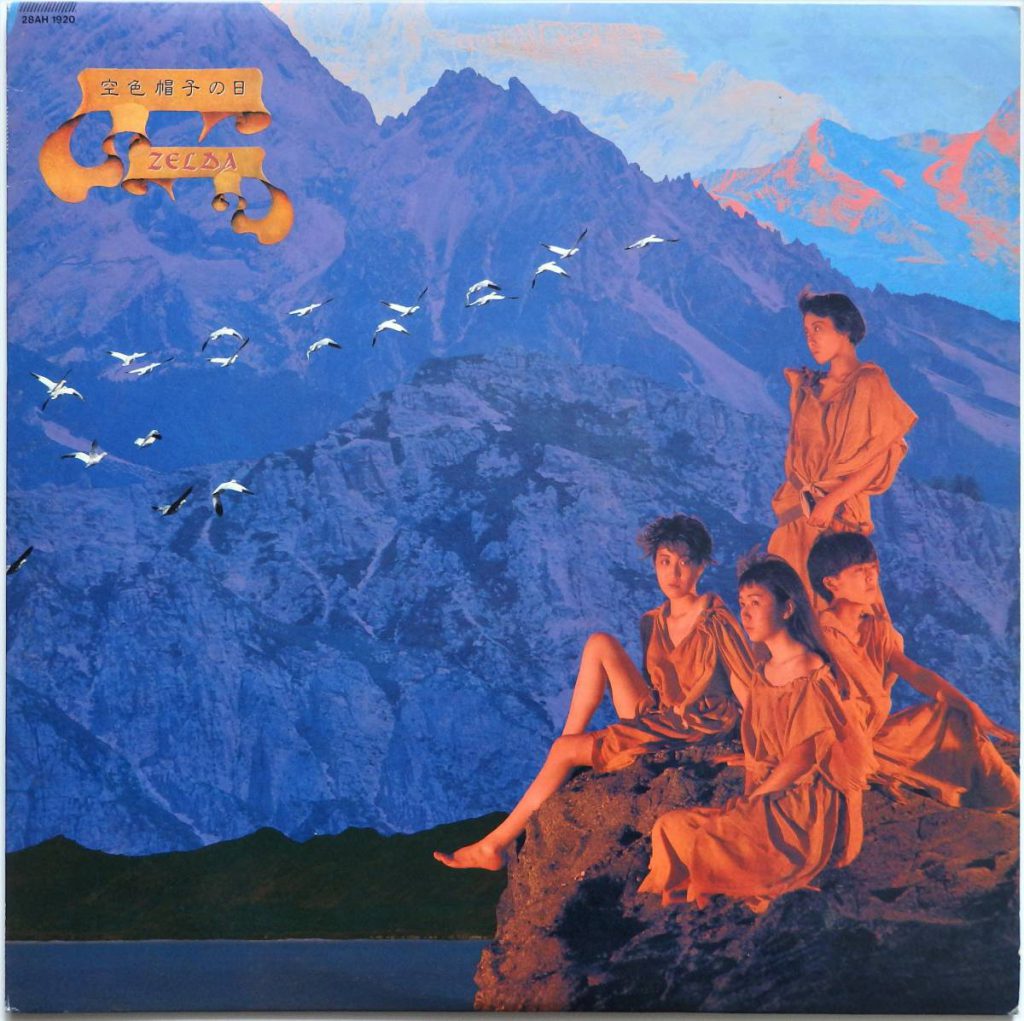
Background of the Production
Zelda was a rock band active in the 1980s and 1990s. Zelda is known as one of the pioneers of all-female bands in Japan.
Zelda was formed around Sachiho Kojima, who had been the bassist of all-female punk band Boys Boys, in 1979.
The band name comes from novelist Zelda Fitzgerald, who was the wife of the novelist F. Scott Fitzgerald.
Sayoko Takahashi joined the band as a vocalist in 1980. She was 15 years old at the time.
Zelda released their major debut album “Zelda” on Nippon Phonogram in 1982. The album was produced by rock band Lizard member Momoyo.
Zelda’s music in their early days was heavily influenced by punk rock. At that time they had been seen as one of the punk/new wave bands called “Tokyo Rockers” in Japan from the late 1970s to the early 1980s.
In 1983, Fukie Ishihara (guitar) and Ako Ozawa (drums) became the band members, and Zelda became a four-piece band: Kojima, Takahashi, Ishihara and Ozawa.
Zelda released the second album “Carnaval” in 1983. In this album, Moonriders guitarist Ryomei Shirai worked as a sound producer.
From this album until the fourth album “C-rock Work”(1987), Zelda’s music had been characterized by their post-punk/new wave-oriented sound.
After that, Zelda drastically changed their style of music. Their music in the end of the 1980s was heavily influenced by African-American music such as funk. In the early 1990s, their style had been based on world music, such as Jamaican reggae.
Commentary
The album “Sora-iro Bōshi no Hi” was digitally recorded at CBS/Sony studios (Shinanomachi and Roppongi), and it was released on LP and cassette by CBS/Sony in 1985.
It was released on CD by CBS/Sony in 1986. The CD was reissued by Sony in 1994.
The album was co-produced by Ryomei Shirai and Zelda.
“Sora-iro Bōshi no Hi” is one of Japanese post-punk/new wave masterpieces. It has been appreciated as Zelda’s greatest work by many fans who love Zelda in their new wave period.
The sound of the album is similar to UK post-punk/new wave and alternative rock bands at that time, such as Siouxsie and the Banshees, Echo & the Bunnymen, and the Cure.
The album is composed of songs of different styles, from rock to pop, acoustic, and classical.
The songs with dark moods and melancholy melodies are impressive.
The lead vocalist Takahashi uses different styles of singing depending on songs, such as her flat voice described as “inorganic” at that time, rock vocals, and girlish voice.
In several songs, Takahashi’s literary lyrics portray cityscapes, such as landfills and bay areas in Tokyo, and Kawasaki industrial areas, as fantastically imagined landscapes.
“Dear Natural” is a song with a waltz rhythm, like a paean to the natural environment of the earth. It features Takahashi’s high-toned vocals.
“Jitensharin no Mita Yume” (A Bicycle Wheel’s Dream) is a song in the jangle pop style incorporating acoustic guitar.
“Foolish Go-Er” is a song in the hard rock style.
“Water Lover” is a song in the classical style featuring Takahashi’s vocals, piano, and strings.
“Mizuumi no Step / Step On the Lake” is a cute love song featuring Takahashi’s girlish voice.
“Kobito no Gekkōyoku” (Moonbathing of the Dwarfs) is an exotic song incorporating the Middle Eastern scale with marching beats.
“Tokiori no Shikisai” (Occasional Colors) is a song featuring Ishihara’s guitar with effector (harmonizer).
“Haberasu” (To Serve) is a rock song Zelda had performed since the early days.
In 2014, Sony Music Entertainment released the remastered editions of five albums recorded by Zelda during the CBS/Sony days, including “Sora-iro Bōshi no Hi”, as a 5CD+DVD box “1985-1990”.
Track Listing
All the lyrics were written by Sayoko Takahashi.
- Dear Natural (composed by Takahashi and Kojima) – 4:19
- Jitensharin no Mita Yume / A Bicycle Wheel’s Dream (composed by Takahashi and Yōko Suzuki) – 3:17
- Foolish Go-Er (composed by Ishihara) – 4:09
- Flower Years Old (composed by Ishihara) – 4:06
- Water Lover (composed by Ishihara) – 4:03
- Mizuumi no Step / Step On the Lake (composed by Ozawa) – 4:39
- Kobito no Gekkōyoku / Moonbathing of the Dwarfs (composed by Ishihara) – 4:10
- Tokiori no Shikisai / Occasional Colors (composed by Kojima) – 4:00
- Mujin Gōchi: 357 / Uninhabited Area: 357 (composed by Ozawa) – 4:00
- Haberasu / To Serve (composed by Takahashi and Kojima) – 3:16
Personnel
Zelda
- Sayoko Takahashi – vocals, clarinet, chorus
- Sachiho Kojima – bass, keyboards, chorus
- Fukie Ishihara – guitars, keyboards, bass, chorus
- Ako Ozawa – drums, percussions, keyboards, chorus
Additional Recording Musicians
- Ryomei Shirai – guitars on travel 6, keyboards on tracks 6 and 9, 2, autoharp on track 6, tambourine on tracks 2 and 6, chorus on track 7
- Hitoshi Watanabe – strings

